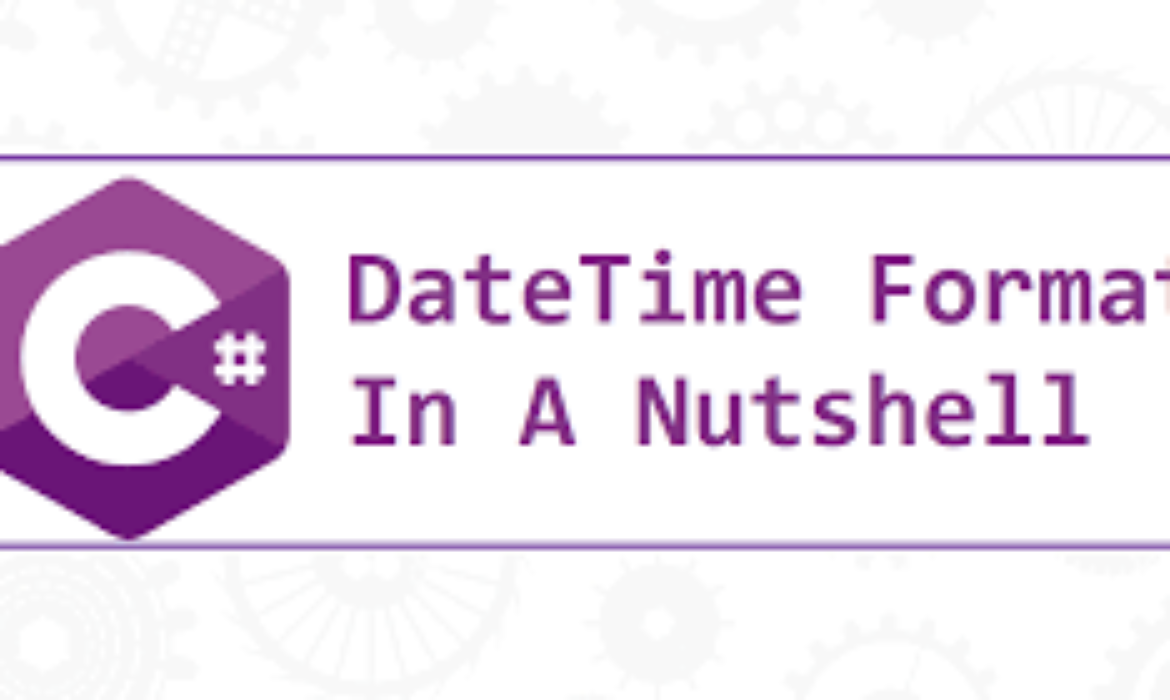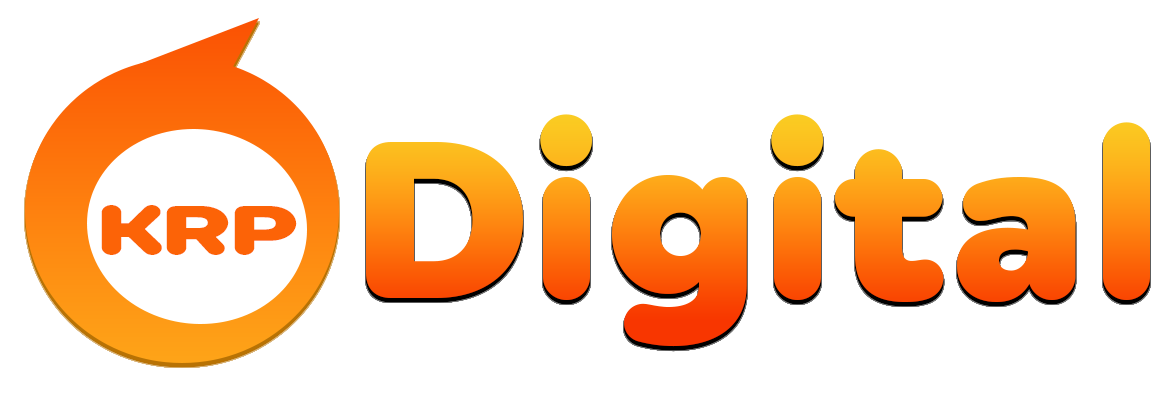
Introduction
Date and time handling is a fundamental aspect of many software applications, ranging from simple time tracking to complex event scheduling systems. In C#, the DateTime structure provides a wide array of methods for handling dates and times. However, the real challenge often lies in parsing and formatting dates, especially when dealing with various custom formats. In this blog, we’ll delve into practical techniques for managing date and time data in C#, focusing on parsing custom date formats like ddMMyyyyhhmmss.
Why Date Parsing Matters
Parsing dates correctly is crucial for data integrity and user experience. A common issue developers face is ensuring that date strings are correctly converted into DateTime objects, especially when these strings come from user input or external systems with varying formats.
Example: Parsing Custom Date Format ddMMyyyyhhmmss
Consider an application that receives timestamps in the format ddMMyyyyhhmmss. To convert these strings into DateTime objects in C#, we can use the DateTime.ParseExact method, which allows specifying the exact format of the input string. This ensures that the date and time components are accurately parsed.
Here’s a sample code snippet that demonstrates this:
csharpCopy codeusing System;class Program
{
static void Main()
{
// Example input string in the format ddMMyyyyhhmmss
string dateTimeStr = "29072024091530"; // Represents 29th July 2024, 09:15:30 AM
// Specify the exact format of the input string
string format = "ddMMyyyyHHmmss";
// Parse the string into a DateTime object
DateTime dateTime;
if (DateTime.TryParseExact(dateTimeStr, format, null, System.Globalization.DateTimeStyles.None, out dateTime))
{
Console.WriteLine("Parsed DateTime: " + dateTime);
}
else
{
Console.WriteLine("Invalid date/time format.");
}
}
}
Key Points:
- Format Specification: The format string
ddMMyyyyHHmmssclearly defines how each part of the date and time is expected to appear in the input string. - 24-Hour Clock: The
HHcomponent ensures that the hours are read in a 24-hour format, which is crucial for avoiding AM/PM confusion. - Error Handling: Using
DateTime.TryParseExactprovides a safe way to attempt parsing and handle any potential errors gracefully.
Common Pitfalls
- Culture Differences: Date and time formats can vary significantly across cultures. Always ensure that your parsing logic accounts for these differences, especially if your application is intended for international use.
- Time Zone Considerations: When dealing with
DateTime, consider whether time zone information is necessary for your application. If so, you might need to useDateTimeOffsetinstead.
Conclusion
Mastering date and time handling in C# requires an understanding of both the DateTime structure and the specific formatting requirements of your application. By using methods like DateTime.ParseExact, developers can ensure accurate parsing and formatting, thereby maintaining data integrity and enhancing user experience. Remember to handle errors gracefully and consider cultural and time zone differences in your implementations.


